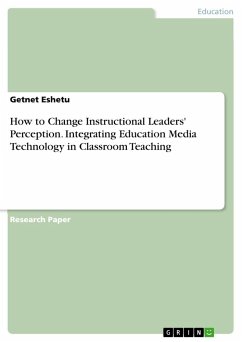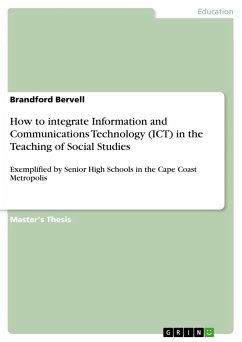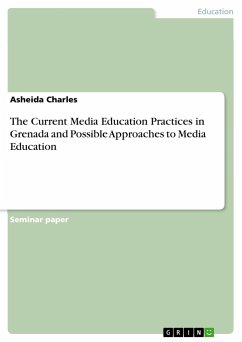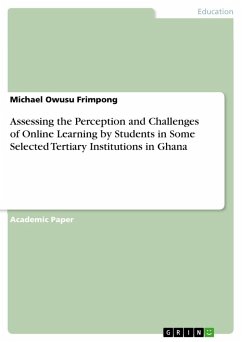Research Paper (postgraduate) from the year 2015 in the subject Pedagogy - Media Pedagogy, , language: English, abstract: This study explores factors that affect instructional leaders' perception of the role of media in classroom teaching in Amhara region of Ethiopia. To achieve the objective a one sample survey method using questioner and focus group discussion was employed. The participants are 168 instructional leaders (108 principals & 60 supervisors) with different training, teaching and school leadership experience selected by convenience sampling. The two roles of media that are selected are media used as supplement and substitute for the teacher in classroom teaching. Both quantitative and qualitative techniques were used to analyze the data gathered. The research answered seven research questions. The findings revealed that there were significant differences in perceptions of instructional leaders. Media training that they do have in the past contributed to some extent but neither experience in teaching nor in leadership has significant contribution for perception. The reasons behind instructional leaders' perception are mainly their belief that media has no or less impact on student motivation but traditional roles of teachers has some impact. The identified factors that affect perception are negative beliefs, irresponsibility, ignorance, lack of willingness and know-how. The study discusses the findings and makes some recommendations.








